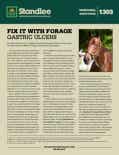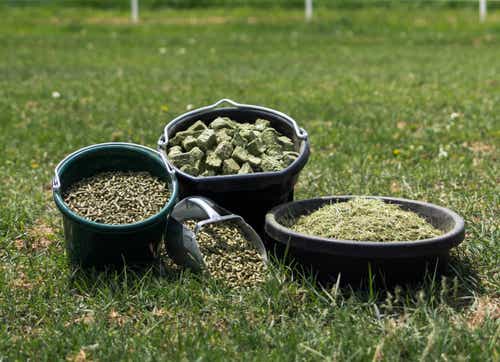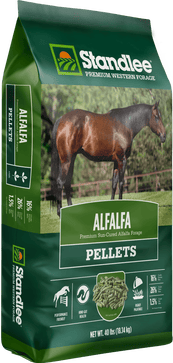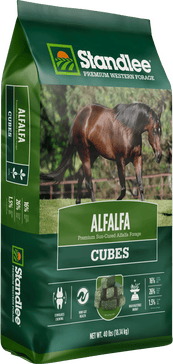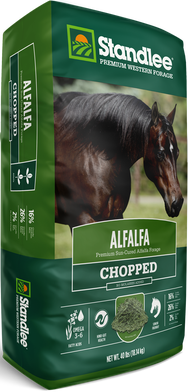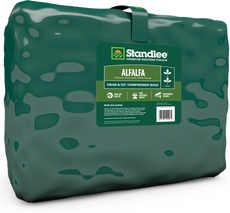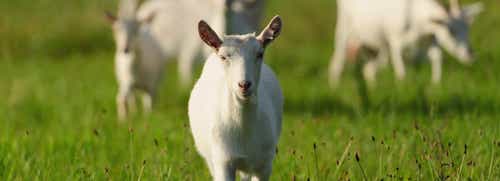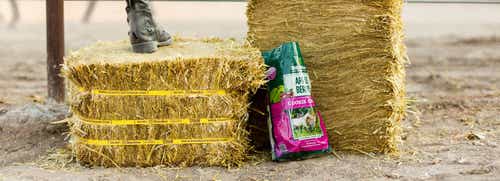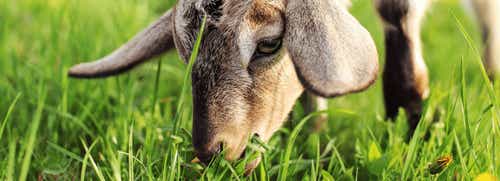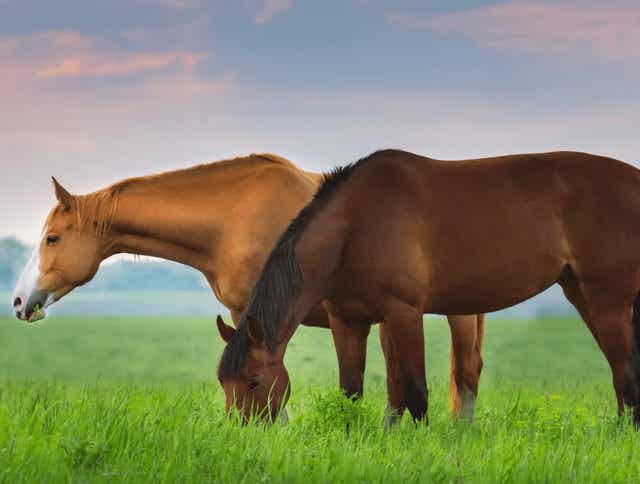
Equine Gastric Ulcers: Causes, Symptoms & Management
Horses are grazing animals –their digestive system is built to continually consume and digest small amounts of primarily fibrous material. Modern performance horses are meal fed high calorie feed stuffs with less emphasis placed on high quality fiber sources. This trend in feeding practices has led to a significant upswing in the amount of horses suffering from gastric ulcers.
What are equine gastric ulcers?
Equine gastric ulcers are caused because gastric acid (hydrochloric acid secreted by parts of the stomach lining), and, to a lesser degree, the digestive enzyme pepsin, irritating the lining of the stomach, causing ulceration. Gastric ulcers are common in horses. Their prevalence has been estimated to be close to 90% in performance horses.
What are the symptoms of equine gastric ulcers?
The symptoms of gastric ulcers vary depending on the severity and the individual horse. Most commonly owners report behavioral changes in their horse. Changes in behavior can be an increase in nervousness while tacking up or riding, a tendency toward a more aggressive behavior (ears pinned etc.), and some horses stop eating and therefore lose weight. Other signs include, but are not limited to, poor athletic performance, dull coat, altered eating behavior, weight loss, diarrhea, and colic. In foals, teeth grinding (a sign of pain) and excessive salivation are common. Ulcers also occur in the first part of the small intestine (duodenum) and in the esophagus.
What are the causes of equine gastric ulcers?
Ulcers are caused by a variety of factors including: diet and feeding management - feeding high levels of concentrates, feed deprivation and types of feeds (timothy vs alfalfa, alfalfa is known to have acid buffering abilities) - stress of training or disease, mechanics of training (splashing of acid in stomach while exercising) as well as long term use of medications such as non-steroidal anti-inflammatory drugs like “Bute.”
Diagnosis of equine gastric ulcers:
The only way to definitively diagnose equine gastric ulcers is through gastric endoscopy, or gastroscopy, which involves placing an endoscope into the stomach of the horse and looking at its surface. This procedure is relatively easy to perform and minimally invasive. Horses are typically fasted for 12 hours prior to the exam and water is withheld for 4 hours.
Feeding and Management:
The treatment of stomach ulcers in horses involves a combination of changes to feeding management, medical therapy, as well as reducing stress on the horse. Turnout onto green grass pasture along with altering the feeding regimen is likely the fastest method to allow the ulcers to heal. If concentrates are to be fed, they should be fed in small amounts at frequent intervals. Adding alfalfa to the diet will also help by buffering stomach acid.
By nature, horses are grazing animals, spending much of their day feeding. The grazing horse has a constant flow of saliva and passage of grass into the stomach, buffering stomach acid. If the horse must be stalled:
- Arrange for the horse to see the horses he socializes with.
- Consider offering a ball or other object that the horse can enjoy in his stall.
- Feed the horse more frequently to help buffer the acid in the stomach.
- Decrease grains in your horse’s diets that are high carbohydrate grains such as corn.
- Incorporate fat supplements to increase calories without excess grain.
Medications that decrease stomach acid production are available, but are only necessary in horses showing signs of clinical diseases or when the predisposing factors, such as stress, cannot be removed.
Blog post by Dr. Tania Cubitt & Dr. Stephen Duren
Standlee Nutritional Experts - Performance Horse Nutrition
